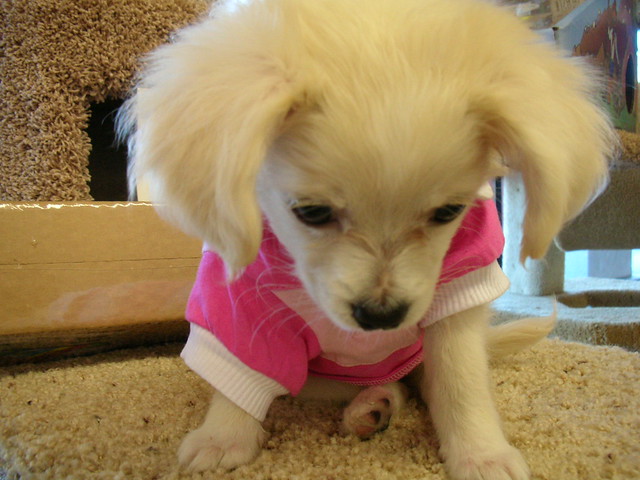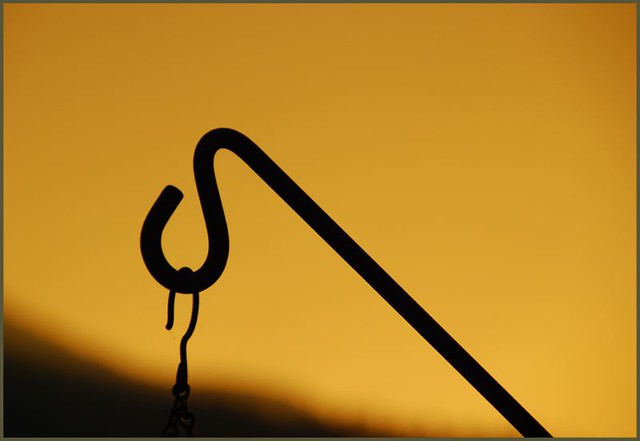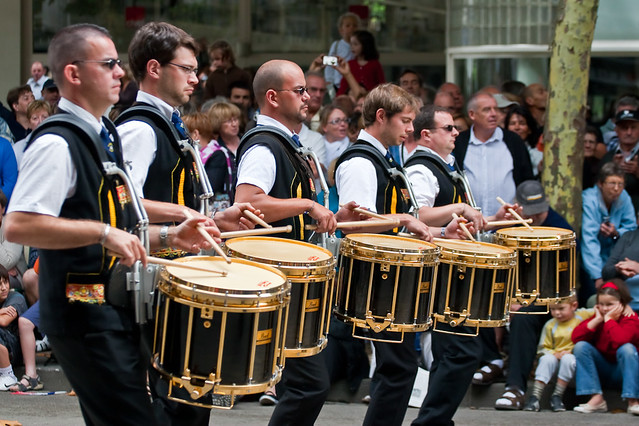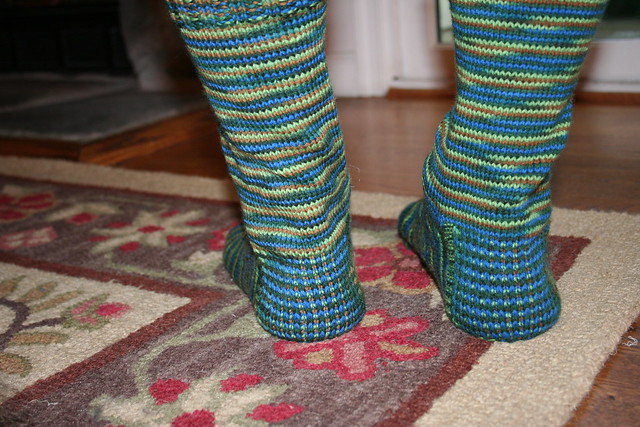Today we’re looking at words for coracles and related things in Celtic languages.
A coracle is a small, rounded, lightweight boat traditionally used in Wales; in parts of the West Country of England; in Ireland, particularly the River Boyne,and in Scotland, particularly the River Spey. A coracle is made of a framework of split and interwoven willow rods, tied with willow bark and traditionally covered with an animal skin such as horse or bullock hide, with a thin layer of tar to waterproof it. These days calico, canvas or fibreglass are used instead of animal hide. They are also known as curraghs in Scotland, and currachs in Ireland [source].
| Proto-Celtic | *korukos = leather boat |
|---|---|
| Old Irish (Goídelc) | curach = coracle |
| Middle Irish (Gaoidhealg) | curach = coracle, skiff, boat curchán = little coracle, boat, skiff |
| Irish (Gaeilge) | curach [kəˈɾˠax/ˈkʊɾˠəx/ˈkɤɾˠax] = currach, coracle curachán = small currach, small vehicle, (boat-shape) work-basket curachóir = currachman curachóireacht = rowing or paddling a currach |
| Scottish Gaelic (Gàidhlig) | curach [kurəx] = coracle, curragh, frame (of a coracle or an animal), a boat made of wicker and covered with skins or hids curach Innseanach = canoe curach-àile = balloon (airship) |
| Manx (Gaelg) | curragh = coracle, canoe |
| Proto-Brythonic | *korug = coracle |
| Middle Welsh (Kymraec) | corwc, corwgl, korwgyl, kwrwgyl = coracle |
| Welsh (Cymraeg) | corwg(l) [ˈkɔrʊɡ/ˈkoːrʊɡ] = coracle, skiff; vessel, drinking vessel cwrwgl = coracle |
| Cornish (Kerneweg) | koroug = coracle |
| Breton (Brezhoneg) | korac’h = coracle |
Etymology: probably from the PIE *(s)koro- (leather), from *(s)ker- (to cut off) [source]. The English word coracle was borrowed from Welsh [source].
Words from the same PIE roots include cuir (leather) in French, cuero (leather, animal skin, hide) in Spanish and couro (leather, hide) in Portuguese [source].
Sources: Wiktionary, Am Faclair Beag, Online Manx Dictionary, Teanglann.ie, eDIL – Electronic Dictionary of the Irish Language, In Dúil Bélrai English – Old Irish glossary, Geiriadur Prifysgol Cymru, Gerlyver Kernewek, Dictionaire Favereau, TermOfis, English – ProtoCeltic WordList (PDF), Etymological Dictionary Of Proto Celtic










